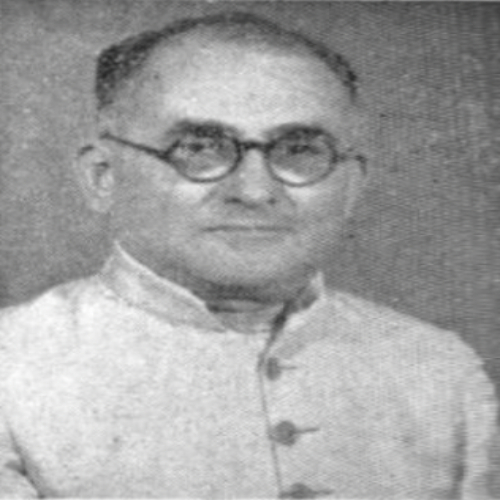Early Life
Tajamul Hussain was born in Patna, Bihar on 19 December 1893. He completed his education from Kings’ College School, Wimbledon, and Queens College, Cambridge. He studied law at the Inner Temple, London.
He was called to the Bar in London in 1920. However, he decided to return to Bihar, and practice at the Patna High Court. He steadily climbed up the legal profession becoming a Special Public Prosecutor in Mazaffurpur (1928) and Patna (1930) and was appointed to the Bench as a First-Class Magistrate.
Role in India’s Independence Movement
Hussain joined the Congress Party in 1921. He rose to become a prominent leader of the Shia Muslims in Bihar and served as the President for many Shia conferences for over ten years.
He was elected to the Bihar Legislative Assembly in 1935. In the Assembly, Hussain was a foil to Mohammad Ali Jinnah earning him the wrath of hardcore Jinnah supporters. Unlike most Muslim political leaders at the time, he wanted to abolish the reservation of seats for communities in the Assembly.
Contributions to Constitution Making
Hussain was elected to the Constituent Assembly from Bihar through a Congress Party ticket. He intervened in debates around freedom of religion, proclamation of emergency and reservations.
Post-Independence
Hussain was a member of India’s Provisional Parliament and had a 15-year stint at the Patna City Municipal Board. He didn’t hold any high positions at the Union or State governments or in the Congress Party. However, he held important positions at civil society and educational institutions that included Patna District Scouts Association, Quetta Earthquake Relief Fund, Bihar Engineering College and Bihar Veterinary College
- Hussain vehemently opposed reservations in legislatures particularly for the Muslim community arguing that such measures would do more harm than good.
- He moved an odd amendment that restricted Indians from wearing religious attire and symbols in public.
- During debates around the emergency provisions, he wanted the President to be vested with wide powers.
- Who’s Who, Lok Sabha Publication (1950)
- Personalities: A Comprehensive and Authentic Biographical Dictionary of Men who Matter in India [Northern India and Parliament] (Arunam and Sheel, 1950)

